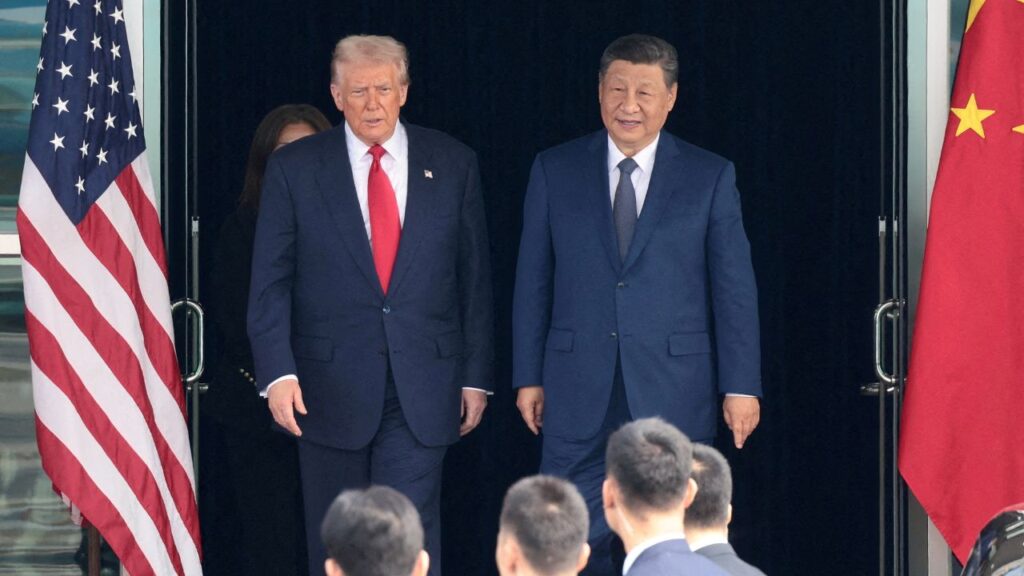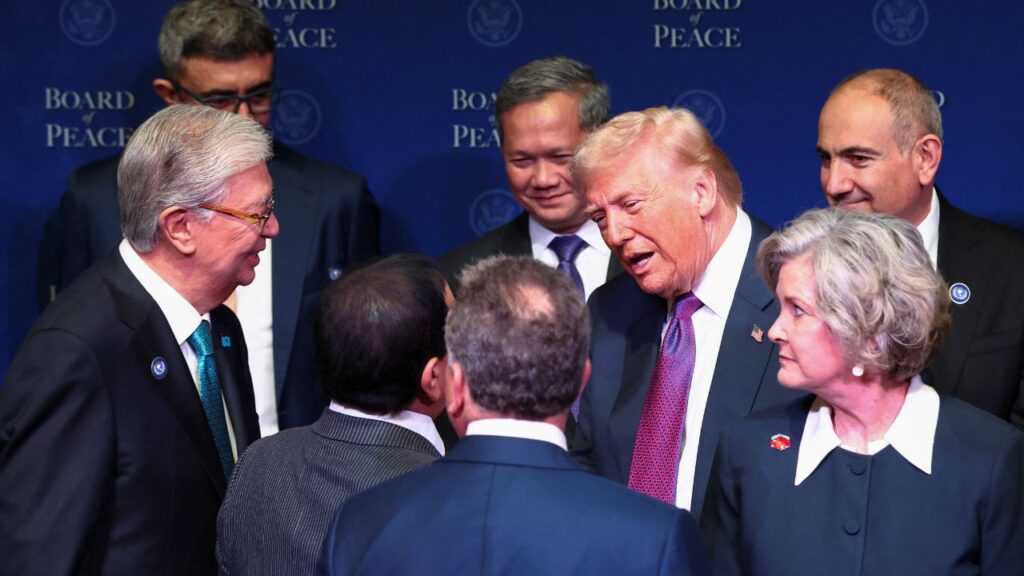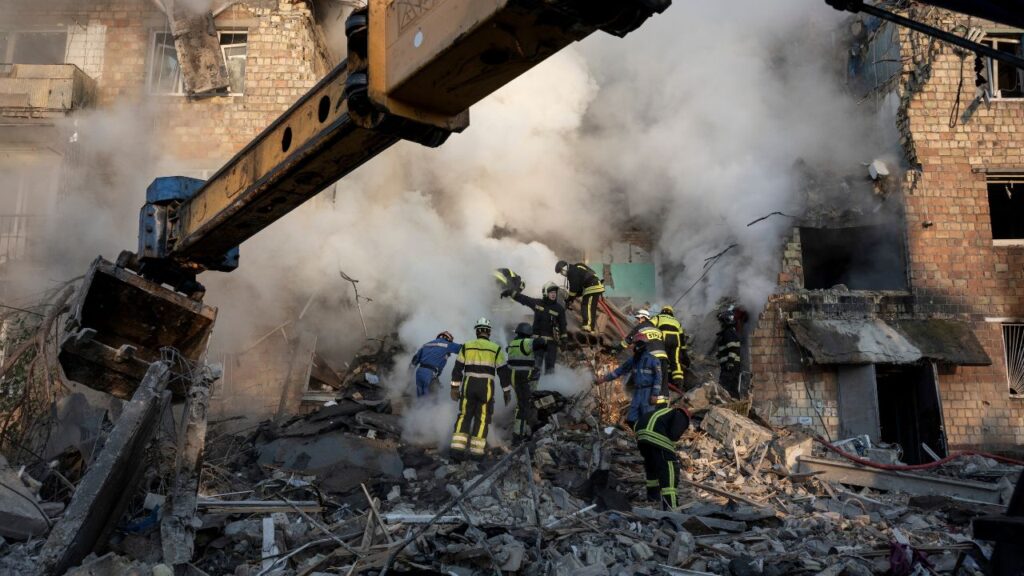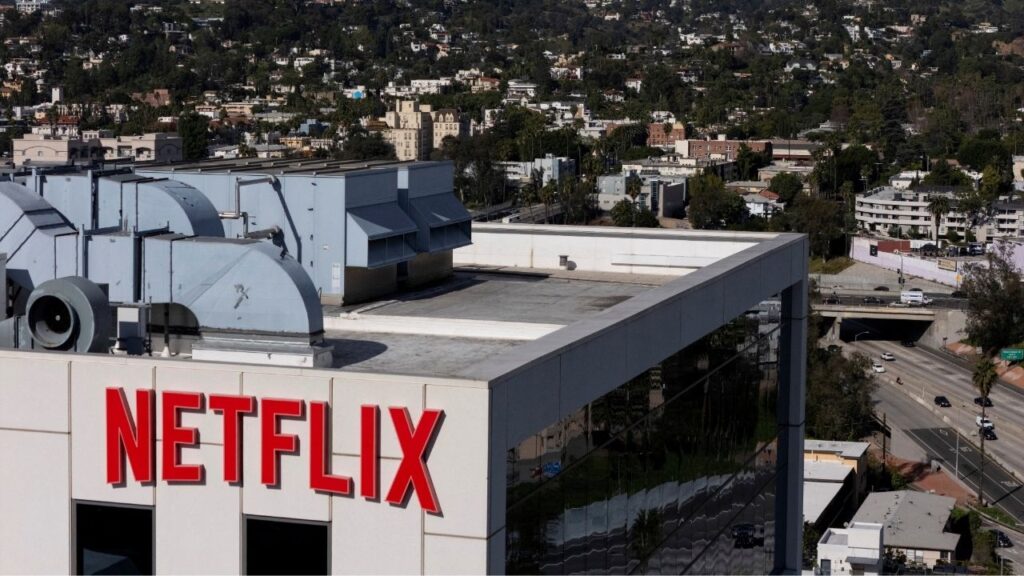Share
Oliver Baines says he welcomes having 36 members serving with him on the Fresno Commission on Police Reform.
“Anyone that wanted to serve on this commission, I pretty much said yes to. I felt like it was such an important moment in Fresno’s history,” Baines said Friday at City Hall. “There’s so many people that that want to be involved for all the right reasons, want to contribute.”
Baines’ goal was to have a commission reflective of Fresno. It includes those with a current or past roles in law enforcement, religious leaders, community groups, and six elected officials.
Commission Forms After Awakened Black Lives Matter Movement
“There’s a large population of people who never related or understood or taken the time to do either of those things with regards to what the black community has been going through for centuries.” — D’Aungillique Jackson
Fresno City Council President Miguel Arias announced the formation of the commission last week, tapping Baines, a former councilman and a former Fresno policeman, to lead the charge.
The commission is expected to come up with suggestions for better policing practices and present it to the council in 90 days.
The impetus, according to councilwoman Esmeralda Soria, was the May 31 rally by the Fresno State NAACP chapter. More than 3,000 showed up that Sunday in downtown Fresno for a peaceful protest march after the May 25 death of George Floyd in Minneapolis.
“If they had not acted with due diligence after the George Floyd incident, I don’t think we would be having this conversation today,” Soria said. “If we look at history books, it has always been young people that have driven monumental change in our country.
That compliment humbled D’Aungillique Jackson, Fresno State NAACP’s president and a member of the police reform commission. She also recognized those advocates who came before her.
“I don’t think the city of Fresno would have been ready for this conversation if we didn’t have our elders out in the community advocating the way that they have been for the last 20, 50-plus years,” Jackson said. “This is all a streamline of just community activism and organizing just that that we’re seeing.”

Dyer, Police Support
Mayor-elect Jerry Dyer is one of five members on the commission’s executive committee. He served as Fresno’s police chief for 18 years before retiring last year. He said that he strongly supports the commission’s formation and goals.
“We have a unique opportunity in Fresno and across this country to recreate policing as we know it today. To develop a new model, a new style, a new philosophy of policing in Fresno as determined by our community members,” Dyer said.
Dyer took a hard stance on bad policing.
“I condemn all acts of police brutality. I condemn all acts of prejudice and racism and anything that causes a person to be treated with less dignity,” Dyer said. “There is absolutely no room for it in law enforcement, in the profession. And I can tell you this, that no one dislikes a bad police officer more than another police officer because it serves to taint the entire profession.”
Angie Isaak, a retired Fresno detective, also serves on the commission. She worked for the department for 26 years.
“Having more of the officers — because patrol officers are having to respond to calls continuously — I think giving them an opportunity to talk to the community and get to know the community … that is a big thing,” Isaak said. “Because they’re so used to just responding from call to call that they don’t really have the time to communicate, actually get to know the people.”
Stopping the Violence
“When we get wind of it or get on top of it, we try to figure out who’s involved and try to get in contact with them to try to see if we can middleman and mediate a little bit to keep it from turning into an ongoing situation.” — Rod Wade, Fresno United
Rod Wade Jr. of Fresno United, is one of many residents serving on the commission.
“A majority of us in the group have kids or family members that have been affected by crime, shootings, gang violence,” Wade said. “When we get wind of it or get on top of it, we try to figure out who’s involved and try to get in contact with them to try to see if we can middleman and mediate a little bit to keep it from turning into an ongoing situation.”
Why Now? Jackson Says COVID-19
Floyd’s death ignited protests and change in Fresno and around the country. While his death is not the first controversial killing of a person of color at the hands of police, Jackson offered a theory on why this is different.
“A lot of people are at home right now because of COVID-19. So I think that there’s a large population of people who never related or understood or taken the time to do either of those things with regards to what the black community has been going through for centuries,” Jackson said.
She also said those who were younger when the Black Lives Movement started are now of an age to lead.
“A lot of us who were young kids when 2012 hit, we’re older now, and we saw the way it was done. And we can take that and just, you know, like evolve it, make it better, tweak it a little bit,” Jackson said.
Transparent Committee
Arias said transparency is important to the commission and the community.
“We fully expect city leaders, as well as the commission, to be open and transparent with the community throughout this process,” Arias said. “Everyone will be watching with high expectations and strong opinions. You will be criticized and second-guessed from multiple sides. (But) each of you have the full support of this council, the mayor and the mayor-elect.”
Baines said the commission will hold open community meetings. However, the commission’s own meetings will be closed.
“We suspect that there are going to be a number of difficult conversations,” Baines said. “We want to make sure that the commission has the ability to feel safe with their exchanges with each other. And some of that may need to be private.”
The commissioners will be required to file a conflict of interest form with the city. Arias said all studies the commission reviews will be made public.
Categories

CHP Warns of Hazardous Driving on Highway 168 Near Shaver Lake

Madera County Storms Knock Out Power to Mountain Communities
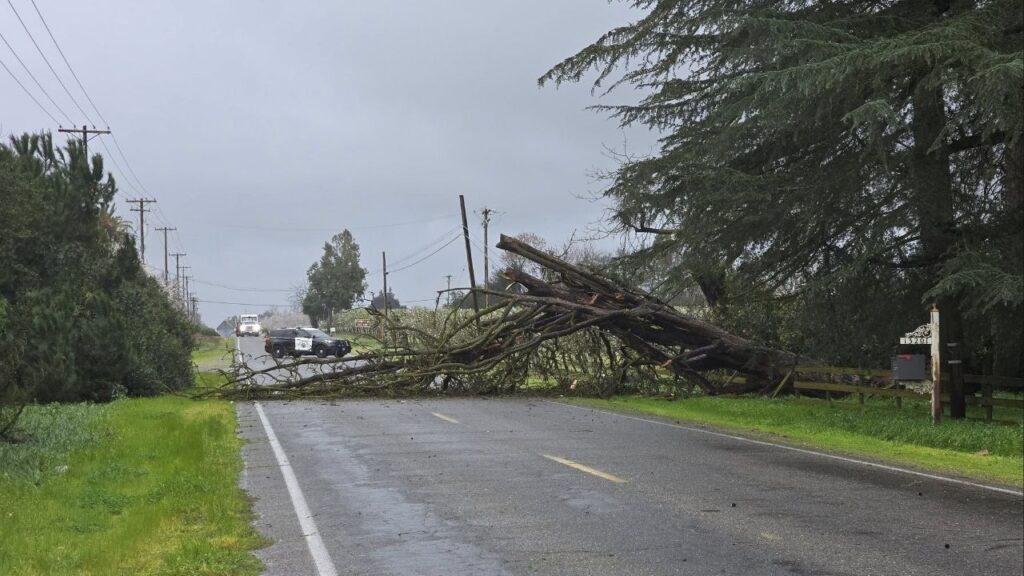
Tree Blocks Road, Cuts Phone Lines in Merced County
